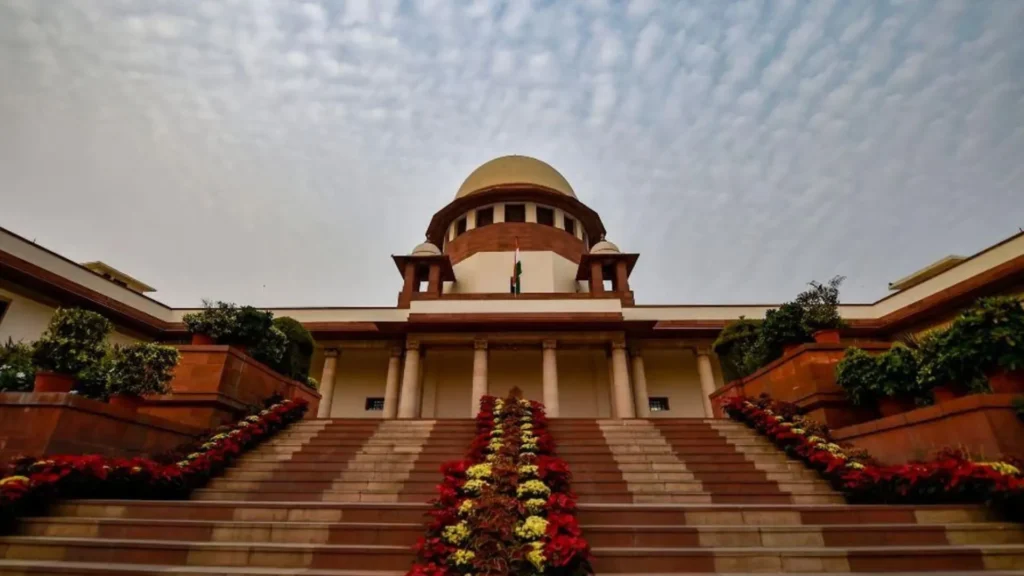In a landmark ruling, the Supreme Court has delivered a resounding message to the advertising industry: celebrities and influencers cannot escape accountability when endorsing products or services that turn out to be misleading. This pivotal decision underscores the significant role influencers play in shaping consumer perceptions and the responsibility they bear in ensuring the integrity of the products they promote.
Background:
The Supreme Court’s decision comes amid growing concerns over the prevalence of deceptive advertising practices across various media platforms. With the rise of social media influencers and celebrity endorsements, there has been a surge in the dissemination of misleading information, often leading consumers astray.

Key Points of the Ruling:
| Aspect | Implications |
|---|---|
| Equal Liability for Celebrities and Influencers | Celebrities and influencers are held equally responsible for the accuracy and truthfulness of the products they endorse. |
| Personal Use Requirement | Endorsers must personally use the products or services before endorsing them, ensuring firsthand knowledge and experience. |
| Stringent Regulations for Broadcasters | Broadcasters are mandated to file self-declaration forms, promoting transparency and accountability in advertising. |
| Encouragement of Complaints Mechanism | Mechanisms will be established to encourage consumers to file complaints against misleading advertisements. |
| Punishment for Violations | Violations of the ruling may result in legal penalties, fines, and potential damage to the reputation of the endorsers and brands involved. |
Expert Insights:
Renowned brand expert Harish Bijoor emphasizes the significance of responsible advertising practices. He underscores the importance of due diligence on the part of endorsers, urging them to prioritize the integrity of the products they promote over financial gains.
Implications for the Advertising Industry:
The Supreme Court’s ruling heralds a new era of accountability in the advertising industry. Brands, celebrities, and influencers alike are now compelled to adhere to stricter standards of transparency and integrity. Failure to do so could result in legal repercussions and damage to their reputations.
As consumers become increasingly discerning and demanding, the need for transparent and honest advertising practices has never been more critical. The Supreme Court’s decision serves as a wake-up call for the advertising industry, signaling a shift towards greater accountability and responsibility. By upholding the integrity of advertising, we can foster trust and confidence among consumers, ultimately benefiting both businesses and society as a whole.
